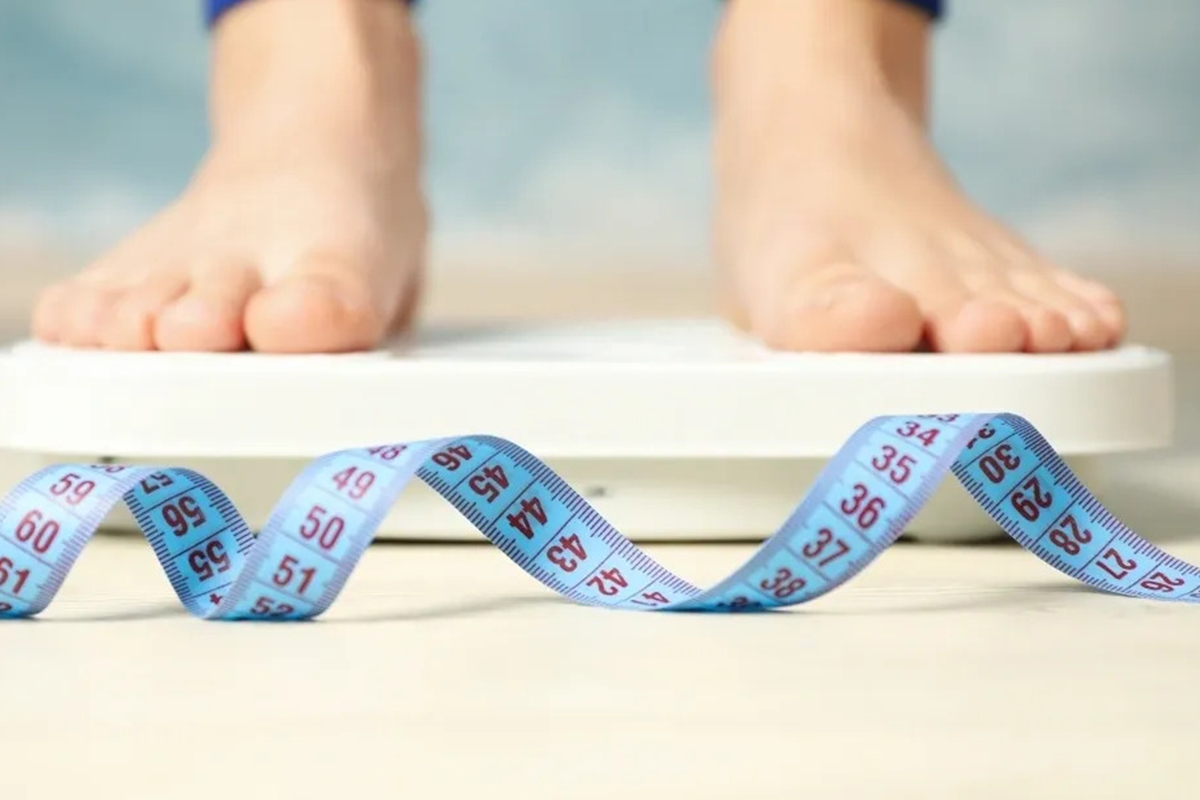Medications for weight loss can help reduce hunger, improve blood sugar control, and support fat loss. However, relying on medication alone often leads to short-term results. Building healthy habits around food, movement, sleep, and stress makes the treatment more effective and lasting.
When lifestyle changes work together with medication, weight loss becomes more consistent and easier to maintain. Creating this balance gives your body the tools it needs to stay strong, healthy, and on track.
How Lifestyle Choices Influence the Results of Medications for Weight Loss
Medications for weight loss can help regulate appetite, support fat loss, and improve blood sugar levels. However, these medications aren’t a replacement for the decisions you make daily. While they can reduce hunger or help control cravings, they don’t rewire your eating patterns, get you moving, or teach you how to manage stress. Without building those habits, the effects of the medication often fade or stop entirely over time.
Lasting weight loss depends on how your lifestyle supports your treatment. When you consistently eat well, move your body, and get enough rest, your body becomes more responsive to medication. People who follow these habits often see more stable results, fewer side effects, and better overall health outcomes. Medications for weight loss should complement—not replace—the work you’re doing in your day-to-day life. This is especially true for those seeking weight loss solutions in Guelph, where a balanced approach leads to more sustainable progress.
Over time, healthy routines can even reduce your reliance on prescription treatment. As your habits improve and your body adjusts, you may be able to lower your dose or stop medication altogether under your doctor’s guidance. Whether you’re focusing on weight management or aiming to improve your long-term health, building a foundation of lifestyle changes ensures that the medication works to its full potential. The more effort you put into those daily choices, the better the outcome—physically and mentally.
How to Build a Balanced Eating Plan While on Medications for Weight Loss
Eating well is still important even when you’re taking medications for weight loss. These medications may reduce your appetite, but you still need to fuel your body with the right foods. A balanced diet helps your body adjust to weight loss and supports energy, mood, and digestion.
- Prioritize Whole Foods
Whole foods like vegetables, fruit, lean meat, and grains provide the nutrients your body needs. They keep you full without extra calories or sugar. These foods also work well with medications because they don’t spike your blood sugar or trigger cravings. Avoid processed snacks and fast food as they often reduce the impact of your treatment.
- Mindful Eating Practices
Mindful eating means paying attention while you eat. It helps you notice when you’re full and keeps you from overeating. Medications for weight loss may lower your hunger, so skipping meals can become a habit without you realizing it. Eating slowly and without distractions keeps you connected to your body’s signals.
- Track Your Intake (Without Obsessing)
Tracking food intake helps you spot eating patterns and make better choices. You don’t need to count every calorie, but having a record helps you stay aware. Apps or journals can be useful tools. Focus on consistency, not perfection, and be flexible with your meals.
- Stay Hydrated Throughout the DayProper hydration supports digestion, energy, and appetite control—key elements when taking medications for weight loss. Sometimes, thirst is mistaken for hunger, which can lead to unnecessary snacking. Drinking enough water also helps reduce common medication side effects like constipation or dry mouth. Aim for water over sugary drinks to avoid extra calories that work against your weight goals.

How to Add Exercise While Taking Medications for Weight Loss
Exercise helps your body lose fat and keep it off. Even if medications for weight loss help reduce body weight, movement keeps your muscles strong and improves your mood. Physical activity also supports your metabolism, making it easier to maintain results.
- Start with Low-Impact Activity
Walking, swimming, or stretching are great starting points. These activities are easy on your joints and don’t require much equipment. You can start with just 15 minutes a day and build from there. As you move more, your energy and confidence will grow.
- Add Strength Training Gradually
Strength training builds lean muscle, which helps your body burn more calories even at rest. It also prevents muscle loss during weight loss, especially when you’re taking medication. Begin with light weights or bodyweight exercises two to three times a week. Over time, your strength will improve, and your body will feel more toned.
- Make it Sustainable
Find exercises you enjoy so it’s easier to stay active. This could be dancing, biking, or yoga—whatever fits your lifestyle. The goal is to make movement a regular part of your day. Fun and flexibility keep motivation high and make it more likely you’ll stick with it.
- Listen to Your Body and Adjust When Needed
Your body may react differently to exercise while on medications for weight loss, especially during the first few weeks. Fatigue or changes in energy levels are common, so it’s important to rest when needed and not push too hard too soon. Pay attention to how you feel after each workout—discomfort is normal, but pain is not. Adjust the intensity, duration, or type of exercise to suit your energy and recovery needs.
Tips to Manage Sleep, Stress, and Mental Health
Sleep, stress, and mental wellbeing are often overlooked in weight loss. But they strongly affect how your body responds to both lifestyle changes and medications. These factors influence hormones, cravings, and your ability to stay consistent.
- Sleep Supports Metabolism
Poor sleep lowers your energy and can make you hungrier the next day. It also reduces how well your body responds to medications for weight loss. Aim for at least 7 hours of uninterrupted sleep each night. Keeping a regular sleep schedule can improve both mood and metabolism.
- Stress Can Trigger Emotional Eating
Chronic stress leads many people to overeat or crave comfort food. This can cancel out the benefits of weight loss medication. Try simple stress management tools like walking, breathing exercises, or even taking breaks throughout the day. Reducing stress helps you make better food choices and improves your overall wellbeing.
- Address Emotional Health
Mental health and eating habits are closely linked. If food is used to manage emotions, weight loss becomes more difficult. Therapy, counselling, or support groups can help address these habits. Working on your mental health creates a stronger foundation for physical health.
Medication Adherence and Responsible Use
To get the best results, medications for weight loss must be taken exactly as prescribed. Misuse or inconsistent use can cause unwanted side effects or reduce their effectiveness. Responsible use also includes staying in regular contact with your healthcare provider.
- Follow Prescribed Instructions Closely
Take your medication at the same time each day and in the correct dose. Never change your dose on your own. Your doctor will guide adjustments based on your progress and how you feel. Skipping doses or doubling up can affect how the medication works.
- Be Aware of Side Effects
Some people may experience mild nausea, fatigue, or constipation when starting weight loss medications. These usually go away after a few weeks. Always tell your doctor if something feels wrong so they can help. Managing side effects early can prevent bigger problems later.
- Avoid the “Quick Fix” Mindset
Weight loss medications are tools, not magic solutions. Relying only on the medication without making healthy changes will likely lead to weight regain. These medications work best when supported by new habits. Be patient with your progress and remember that long-term results take time.
Get Smarter Weight Loss Help with HOW Clinics
Looking for a clinic that treats your weight concerns with a complete approach? HOW Clinics offers professional guidance, custom plans, and trusted medications for weight loss designed to support your lifestyle. Whether you need support with food choices, sleep assessment, physical activity, or managing your prescription safely, our team is here to help. Book a consultation today at (519) 340-2744 and take control of your health—your future self will thank you.

